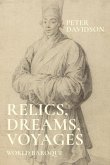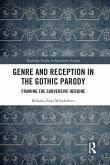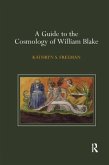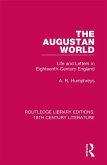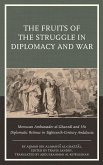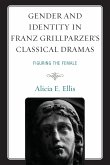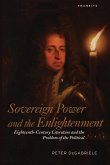In this study, Kathryn S. Freeman positions the newly recovered, prolific English novelist, Phebe Gibbes, at the center of the 'long eighteenth century'. Through the fiction of Phebe Gibbes contributes a valuable perspective to recent scholarship reshaping the traditional paradigm of the revolutionary era. The study persuasively demonstrates Gibbes as a nexus in a lineage of women writers, from Aphra Behn and Eliza Haywood to Jane Austen and Mary Wollstonecraft. Structured around detailed readings of five representative novels, the study seamlessly traces Gibbes's evolving authorial voice, presenting her growing sophistication in metanarrative, irony, and wordplay. Freeman guides the reader through the ways these tools shape Gibbes's novels, where female characters struggle for agency amid Britain's increasing global empowerment and a shifting socio-political structure between the Seven Years' War and the French Revolution. Gibbes populates her novels with a range of female characters subverting patriarchal oppression. The study returns to the legacy of women writers by linking Austen's Persuasion to Elfrida through commonalities including female prodigality; patterns of wordplay such as sentimental and economic connotations of tenderness and female alienation; and the free indirect discourse through which both writers give the reader access to their heroine's consciousness.
Bitte wählen Sie Ihr Anliegen aus.
Rechnungen
Retourenschein anfordern
Bestellstatus
Storno



